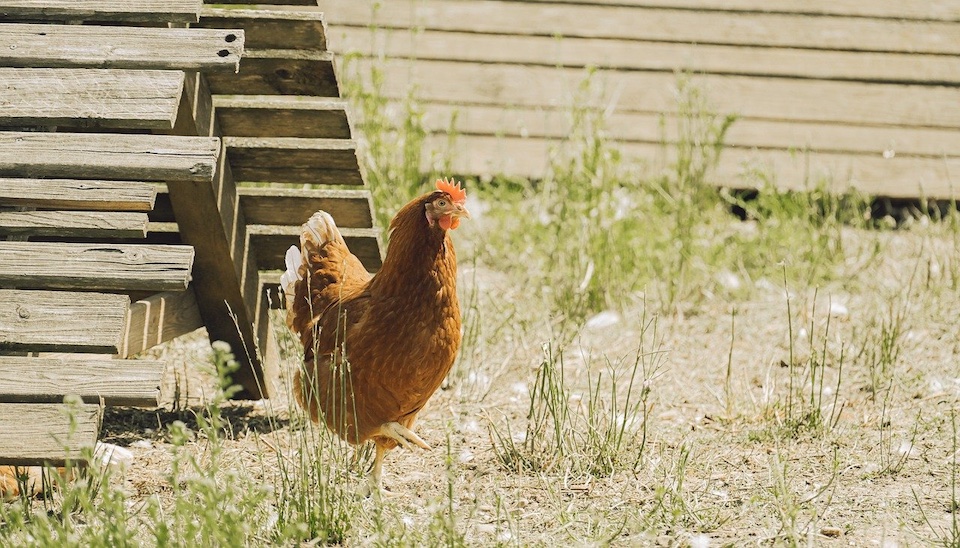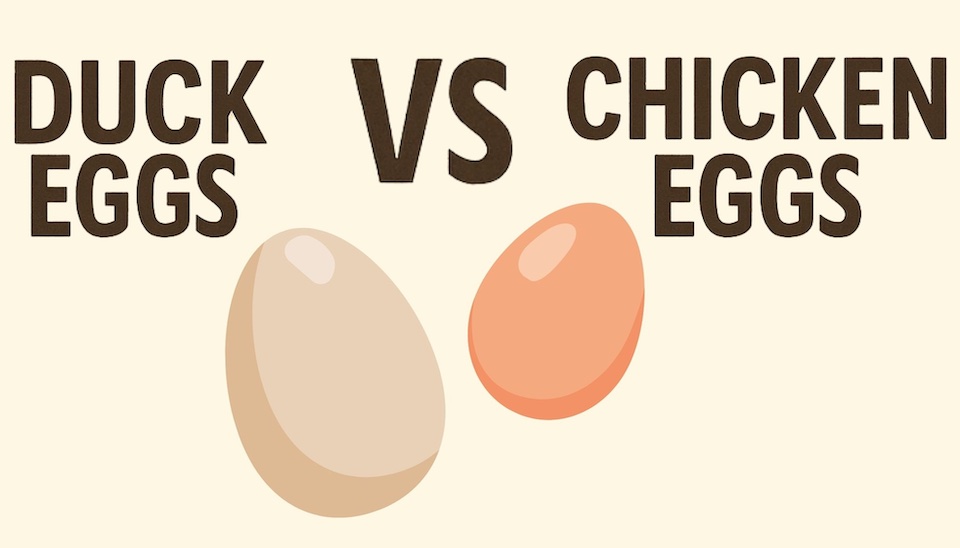How to Prevent and Treat Salmonella in Chickens
How to Prevent and Treat Salmonella in Chickens
If you’re a backyard chicken keeper, keeping your flock healthy and safe from salmonella is probably at the top of your mind.
Salmonella, a nasty bacteria, can make its way into a coop and infect your chooks, their eggs, and even you and your family. But don’t worry—with a few straightforward steps, you can make a huge difference in protecting your hens and keeping your yard a safer place.
Here are the top 9 tips to prevent salmonella naturally, so you can raise a healthy, happy flock.
Top 9 Ways to Prevent Salmonella in Chickens
- Isolate any sick chickens to reduce the chance of spreading bacteria.
- Avoid leaving food scraps on the ground, as they attract rats and mice that can carry salmonella.
- Control insects such as flies and roaches by cleaning the coop regularly.
- Change straw and bedding often in nesting boxes and roosting areas to avoid bacteria buildup.
- Clean and disinfect feeders and drinkers using natural apple cider vinegar to keep bacteria in check.
- Remove faeces regularly from the coop and chicken run to prevent contamination.
- Use bird netting to keep wild birds out, as their droppings can introduce salmonella.
- Keep the run dry to prevent muddy areas, which can harbour bacteria.
- Boost chickens’ natural defences with probiotics in their feed, improving resistance to salmonella.
How Do Chickens Get Salmonella?
Before all the alarms sound in your head, Salmonella in an established healthy flock of Backyard chickens is unlikely.
Salmonella is a bacterial infection. It spreads quickly from infected backyard chickens to their keepers or handlers.
The most common way chickens get salmonella is through rodents, especially rats and mice, which can bring salmonella bacteria into your coop via their droppings. That is why a Waste reducing Chicken Feeder such as Dine-A-Chook is a vital asset for your coop. With virtually no feed on the ground, there is less attraction for rats, mice and other vermin.
Salmonella can also enter the coop from contaminated sources, similar to other diseases like coccidiosis. Pre-owned chicken feeders, bedding, hay, straw, and even soil can sometimes carry the bacteria. Once inside, salmonella spreads from chicken to chicken through contact with feathers, feet, and droppings. Sharing contaminated feeders or drinkers also increases the spread.
Sometimes wild birds can also carry the bacteria or other diseases into your coop, which is why it's important to keep wild birds away from your chicken coop.
As a backyard chicken keeper, keep a close eye on your flock for any signs of illness. Early detection helps protect your flock from salmonella and other diseases that may harm your chooks.
Symptoms of a Chicken with Salmonella
We want to throw in a disclaimer here. Dine-A-Chook are not poultry medical experts, but the advice below has been diligently researched.
While the below does not guarantee a definite diagnosis for Salmonella, you should keep an eye out for the below symptoms in your poultry.
If you see these symptoms isolate the chicken and take it to the vet. Do not reintroduce it until given a clean bill of health. Also, before reintroduction to the flock, the returning bird should be vaccinated for coccidiosis and remain isolated for a week or so.
Symptoms of salmonella in chickens:
- Chicken appears weak and sluggish
- The combs and wattles on the hen are less red and more purple
- Suppressed appetite
- Increased thirst
- Very obvious white, golden yellow or greenish diarrhea
- Reduction in laying
- Swollen eyes which can lead to blindness
- Swollen and stiff joints.
The tricky part for a backyard keeper is that these symptoms can also be from other poultry illnesses. So, therefore, a trip to the vet is the only way for a professional diagnosis.
How to Treat Salmonella in Chickens Naturally
If salmonella is confirmed in your flock, immediate action can help control the spread.
Here are some natural steps to help treat and manage the infection in your chickens:
- Isolation: Separate the affected chickens immediately to prevent spreading the bacteria to others.
- Coop Disinfection: Clean and disinfect the coop thoroughly, replacing all bedding and nesting materials.
- Personal Hygiene: After handling sick chickens, wash your hands and clean under your fingernails carefully. It’s also best to wash clothing and boots with an antibacterial solution, like Canesten, to prevent cross-contamination.
- Probiotics: Support your flock’s health with probiotics, which can strengthen their immune systems and help fend off infections.
- Feed Hygiene: Using a feed hygiene solution, like Salgard Feed Hygiene Liquid, in your chickens’ feed helps control harmful bacteria like salmonella. Salgard provides an added layer of protection by targeting bacteria directly in the feed, keeping your flock safer.
Salmonella infections are rare in clean, well-managed backyard coops in Australia, but following these natural treatments and preventative measures can further reduce the risk.
Frequently Asked Questions
Do all chickens have salmonella?
Not all chickens carry salmonella. Chickens can carry the bacteria without showing symptoms, but with proper care, a healthy flock is at low risk.
How common is salmonella in backyard chickens?
Salmonella is relatively uncommon in backyard chickens, especially if they’re kept in a clean environment and fed properly. However, the risk increases if chickens are exposed to rodents, wild birds, or unclean conditions.
Do chickens have salmonella on their feathers?
Salmonella can be present on chickens’ feathers if they’ve come into contact with contaminated droppings, bedding, or surfaces. Regular cleaning and good hygiene help minimise this risk.
Is salmonellosis the same as salmonella?
Salmonella is the name of the bacteria, while salmonellosis refers to the illness caused by a salmonella infection. Chickens, like humans, can contract salmonellosis from ingesting salmonella bacteria.
Can you get salmonella from chickens?
Yes, humans can contract salmonella from chickens, particularly through contact with contaminated eggs, droppings, or surfaces. Practicing good hygiene and keeping a clean coop are key to reducing this risk.
What kills salmonella naturally?
Apple cider vinegar and probiotics are natural methods that help reduce salmonella levels in chickens. Keeping the coop dry, clean, and regularly disinfected is also crucial. Adding a feed hygiene solution, such as Salgard Feed Hygiene Liquid, helps kill bacteria directly in the feed, making it safer for your flock. It’s an easy and effective way to reduce the risk of infections spreading through contaminated feed.
How long does salmonella bacteria stay in the chicken coop?
Salmonella can persist in a chicken coop for weeks or even months, depending on the environment. Cleaning regularly and keeping the coop dry helps reduce the bacteria’s survival time.
Final Thoughts on Salmonella Prevention
Once again, remember in Australia, a clean backyard chicken coop it is a very low risk for Salmonella infections.
However, following the advice above will lessen the risk further. We also more comprehensive information on how to prevent Salmonella infecting you and your family.
A little prevention goes a long way—so get started today with these easy tips, and enjoy a happy, healthy flock.
Related articles:



